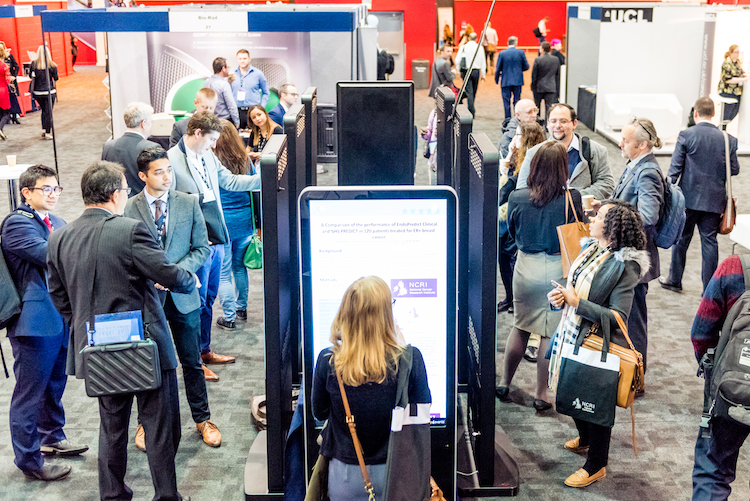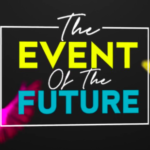
The results of a new study by Cancer Research UK underscore how millennials favor social media and online messaging over face-to-face conversations. Just over one-third of respondents aged 18-24 said that they felt more comfortable speaking to people they didn’t know face-to-face versus chatting online, compared to more than two-thirds of those aged 55 and over.
Dr. Rebecca Beeken, a behavioral scientist working on cancer prevention at the University of Leeds, told the UK online newspaper The Independent that the research “shows an increasing generational divide between how millennials and baby boomers prefer to communicate.”
While the study asked respondents to answer questions about communicating with others in their personal lives, the findings raise questions for the meetings industry. This generation already has entered the workplace and will become a core sector of the meetings audience. If they are reluctant to meet other people in person in their personal lives, it could pose a challenge to the way congresses attract and facilitate millennials’ interactions as attendees.
Nicole Leida, head of conference and events for the National Cancer Research Institute certainly has noticed at her annual conference that millennials embrace digital innovations and other technologies more than other attendee groups, she said. “However, they do value face-to-face interactions, too — albeit facilitated.”
We feel that social media will never fully replace physical attendance.
“With each association, it’s different,” said Carola van der Hoeff, chief operating officer and congress director, International Pharmaceutical Federation (IPF). “At our annual congress, we feel that social media will never fully replace the physical attendance. It is more an add-on to the congress, giving it more visibility. We do get a lot of millennials at our congress. We attract them by offering lower prices and the opportunity to meet industry leaders, with our Meet the Professor sessions.”
The program gives millennial attendees the opportunity to talk directly with the leaders in a particular field. Typically, professors are selected for a specific expertise and the opportunity to meet them gives people access to wisdom, advice, and guidance at the start of their careers.
Programs like IPF’s Meet the Professor add value by offering opportunities that cannot be found anywhere else, and this is a distinct advantage a congress has that — if used effectively — will keep audiences of all ages coming back.
Others are incorporating more social media into their events, “We try to add some fun social-media elements to our networking events, including Twitter competitions, photo competitions, and other social-media engagement,” Leida said. She added that apps, which are “everywhere,” are also popular with congress attendees and exhibitors because they can be used to help connect people digitally through messaging and to schedule meetings.
In addition to using technology tools to engage this digitally focused generation, other tactics include speaker’s corners — where people take turns using a microphone and talk freely about a specific topic — social events, and speed-dating-style networking opportunities.
How we keep people attending our congress is exclusive networking.
“In my experience, millennials do understand that baby boomers prefer to interact in a different way and they adapt to learn skills that will help them,” Leida said. “The top answer of how we keep people attending our congress is exclusive networking. Sure, you can learn about a new cancer treatment by reading articles online or by watching a webinar, but there is nothing more valuable than talking to the researchers who came up with that idea in the first place.”
Meanwhile, van der Hoeff said she doesn’t totally agree with the study’s conclusions. While she agrees that social media is a key element to engagement, she has found that many of IPF’s participants still do not use it. “In real life,” she said, “personal contact is important. Our association members place great value in attending a congress. It’s the highlight of the year, the place where they meet their friends, year after year.”



